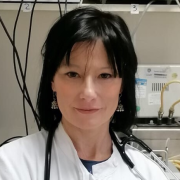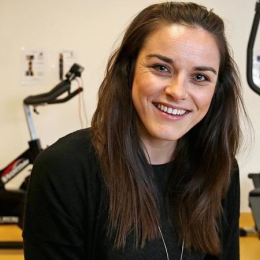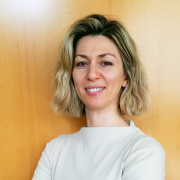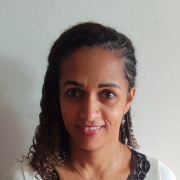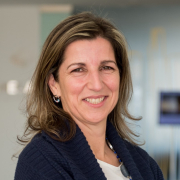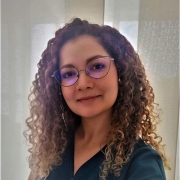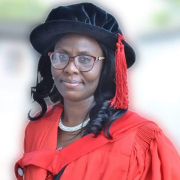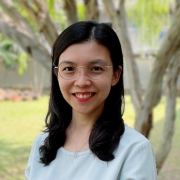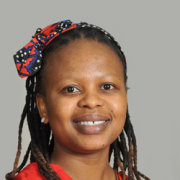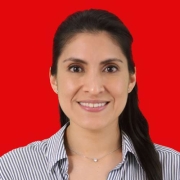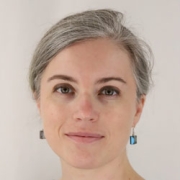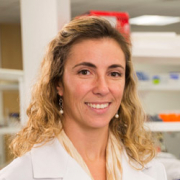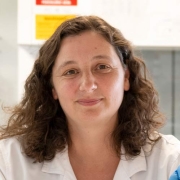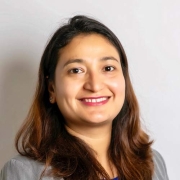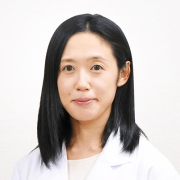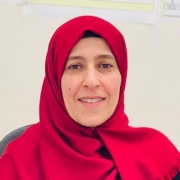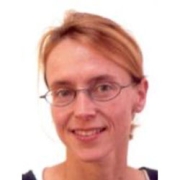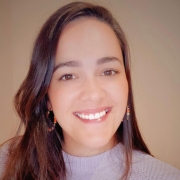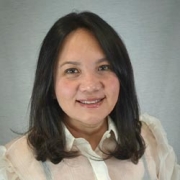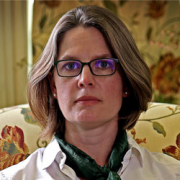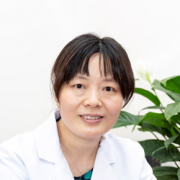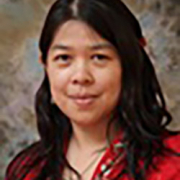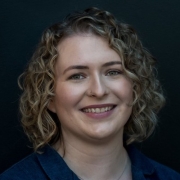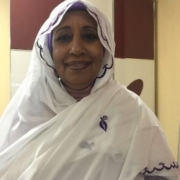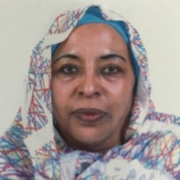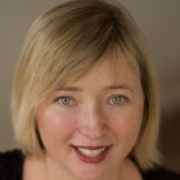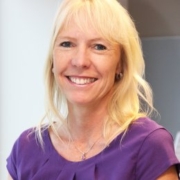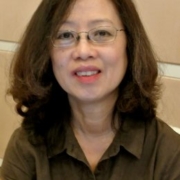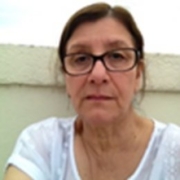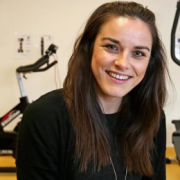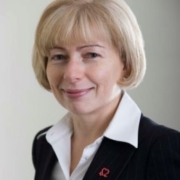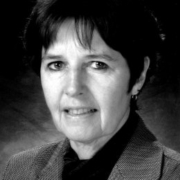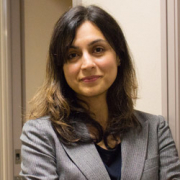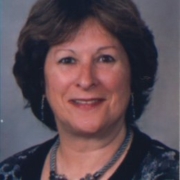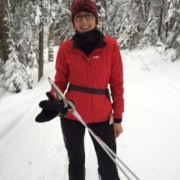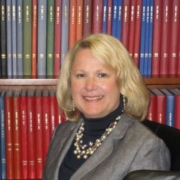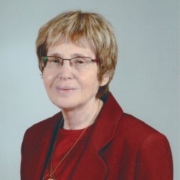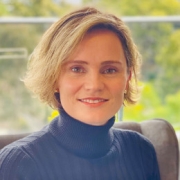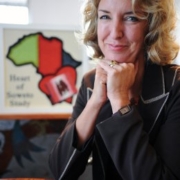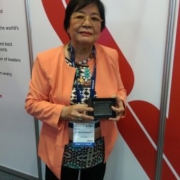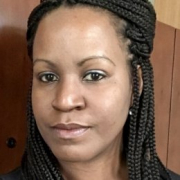What is your role at your work?
I am a post-doctoral researcher, exercise physiologist and mentor.
How did you get interested in your career path?
I have always been very interested in how the body works, in particular the physiology. As a very active child growing up, I was also very interested in exercise, what happens to the body under exercising conditions and how we can use exercise to prevent a lot of cardio-metabolic disease. It was for these reasons why I trained as an Exercise Physiologist. During my training, I was particularly fascinated by (cardio)vascular disease and diabetes, mostly because these conditions can be largely prevented with exercise!
What are you most proud of in your career or otherwise?
I am most proud of receiving an internationally competitive Prestige and Marie Curie Fellowship to undertake post-doctoral training in France.
What important career challenges have you faced and how did you overcome them?
At the end of my first year of my PhD, I came very close to throwing it all in. After talking to many young researchers, I now know this is quite a common feeling! A few (teary) discussions with my supervisors helped me to get back on track.
What advice would you give your younger self?
Don’t be afraid to talk to people and get advice when you need it.
Highlight your most significant research contributions and publications (3-5) – if relevant to you.
- Climie RED, Srikanth V, Keith LJ, Davies JE and Sharman JE. Exercise-induced albuminuria is independently related to exercise aortic reservoir function in patients with type 2 diabetes mellitus. American Journal of Physiology, Heart and Circulatory Physiology, 2015. 63(6); E150-E150.
- Climie RED, Srikanth V, Beare R, Keith LJ, Fell JW, Davies JE and Sharman JE. Aortic reservoir characteristics and brain structure in people with type 2 diabetes; a cross sectional study. Cardiovascular Diabetiology, 2014. 13(1); 1.
- Climie RED, Moran CM, Kallisaya M, Blizzard L, Sharman, JE, Venn A, Forbes J, Blackhall N and Srikanth, V. Abdominal obesity and brain atrophy in patients with type 2 diabetes. PLos One, 2015. 10(11); e0142589.
Have you had any significant career mentors? If yes, please provide further details.
Yes! I am very fortunate to have many mentors and people I look up to, all of whom I am extremely grateful for. From early on in my research career Prof James Fell (UTAS) has always been very supportive and provided excellent career advice. Prof Jim Sharman (Menzies Institute for Medical Research), my primary PhD supervisor, has been a wonderful mentor and role model. In recent years Prof Gavin Lambert (Swinburne University) and Dr Anastasia Milhailidou (Macquarie University) have also provided me with a lot of guidance and support. Finally, Dr Francine Marques (Baker Heart and Diabetes Institute) who is still only in the early stage of her career, has been a wonderful support. I have significantly benefited from having someone to look up to who is a bit closer to my career stage, who knows the pitfalls and can help me to avoid them! I would highly recommend an “intermediate” mentor to other early career researchers.
How can we support the next generation of women scientists?
Features such as this Spotlight Feature by ISH is a great way to promote the next generation of women scientists.
I think there should also be better representation and opportunity for (young) female researchers at conferences, as conference chairs and on committees.
There should also be better support for women returning to research after taking time out to start a family.
